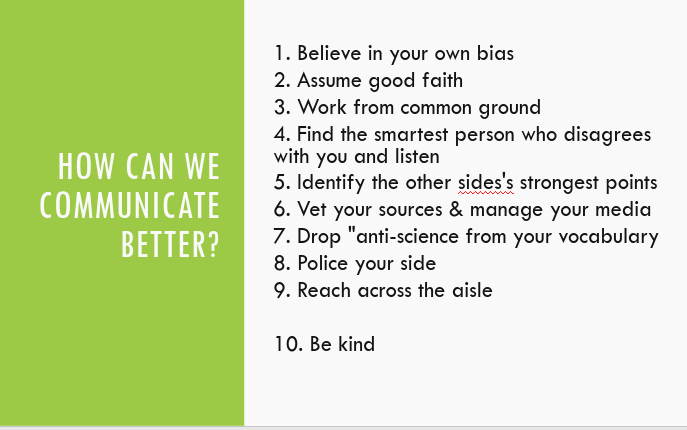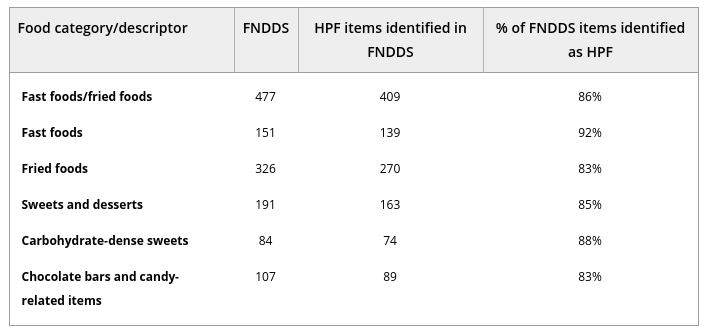We all have them. None of us are the rational, evidence-based decision makers we think we are. If you're not convinced, read @JonHaidt's fine book THE RIGHTEOUS MIND.
There's a lot about people lying, and promoting disinformation, but I think the nature of human cognition is such that it's easier to convince yourself something is true than lie about it every day.
We all want a sustainable, wholesome food supply. We all love our children. We all want the earth to be habitable for the next generation.
I am incredibly fortunate to be a @WashingtonPost columnist, and I get to call the smartest people on every issue and ask them to talk with me. My first call is the person who doesn't see it my way.
It's easy to take on the weak arguments. Take on the strong ones. My late father would take any side of any issue for the satisfaction of hashing it out. That's how we learn, and find the flaws in our own arguments.
Who are you listening to? What's their bias? Are you checking in on both sides? Avoid silos & echo chambers.
Also "science denial." Every person since the dawn of time has believed that the science supports their position - they're just looking at different science. "Anti-science" = "you're an idiot," and that's not where good convos begin.
Call out the excesses of the people who agree with you. We are all more likely to listen to people in our ideological camp, so it's crucial that criticism comes from within the camp.
Make it a point to communicate with the reasonable people who disagree with you. Put them in your feed. Retweet them even if you disagree, if you think it's a reasonable point.
And not just because this is how we should treat others. It's because this is good for YOU. It helps prevent you from getting dug in, and gives you wiggle room to change your mind.
CONFESSION: I don't always do this as well as I should







